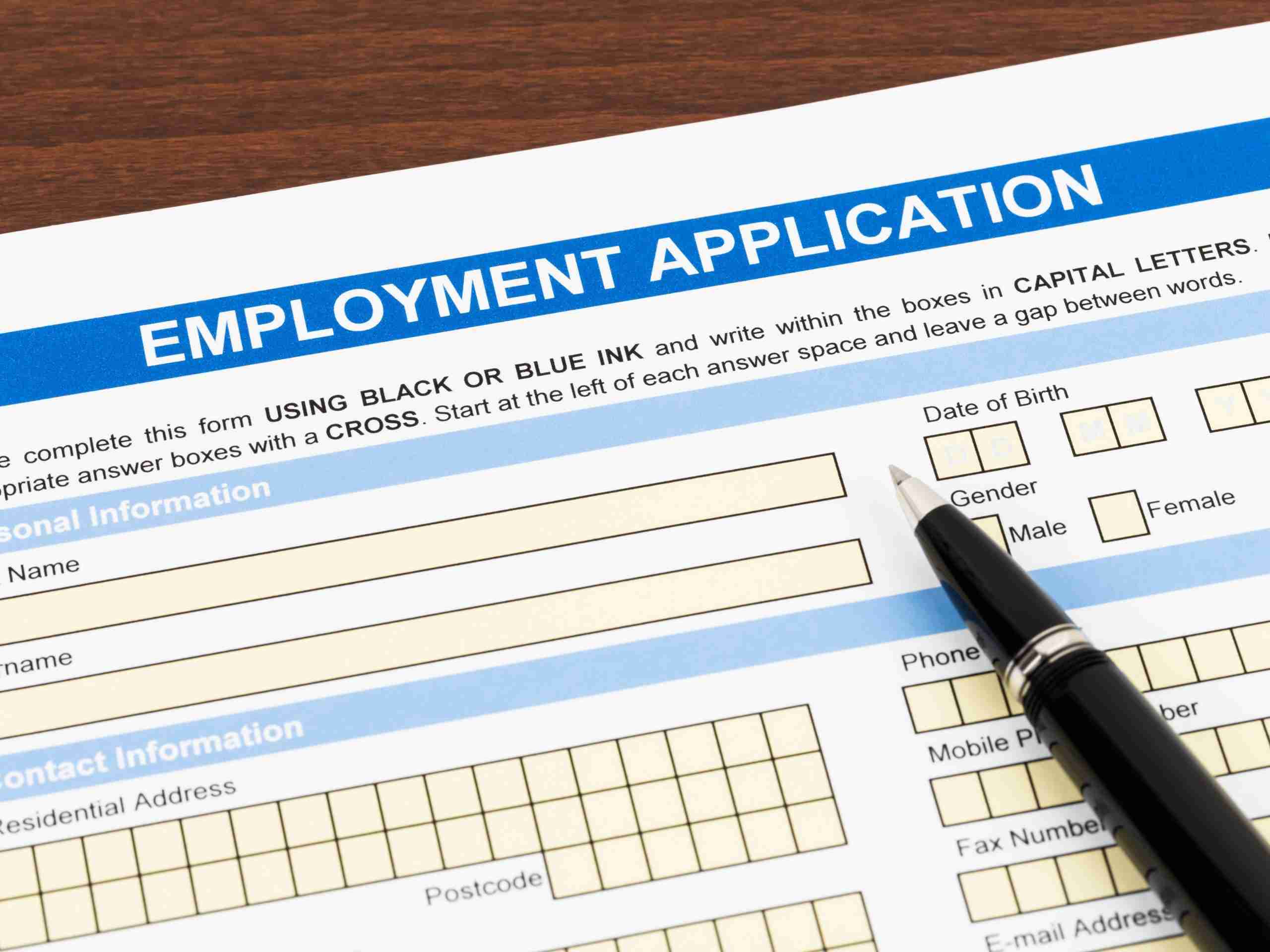KEEP IN TOUCH
Subscribe to our mailing list to get free tips on Data Protection and Cybersecurity updates weekly!






When you complete a employment application template, regardless of whether it is a paper application or an online employment application template, there is information you will need to provide to apply for the employment and be considered for the position.
In addition to providing personal information, work history, education, qualifications, and skills, you will also be asked to attest to the fact that all the information you are giving is accurate.
Not telling the truth, fudging employment dates, leaving out information, and other inaccuracies on your application or resume can be grounds for not being hired or for being terminated in the future if the company finds out you misrepresented your background or lied.
Employment application template are a handy way for applicants to convey a wealth of information about themselves regarding only the most important factors relevant to a specific job. Additionally, it’s easier for hiring managers to review applications and sort through the stack to find quality candidates.
Not all jobs are suited for a employment application template, but it’s a great tool for a multitude of jobs provided they meet the necessary criteria. The first factor to consider is whether you’re hiring for an entry-level job. A more experienced position won’t be receiving as many applicants, so it’s easier to manage candidates. Meanwhile, an entry-level position will be flooded with applicants, and simple employment applications can help you keep track of all those applying.
If you want prospective hires to make use of your employment application template, you’ll have to draw them in. The title of the form should be the same as the title of the job. To make it appealing, it should be clickable and rank high in search results. Forms need to be descriptive, but they shouldn’t include any buzzwords.
The following is the information most employers require applicants to provide. It will be easier to quickly submit applications if you collect all the information you need in advance. Keep it on hand so you can quickly get your application in for jobs that are of interest.
Also read: 4 easy guides to data breach assessment

Most companies will ask for your employment history as part of the job application process. Don’t give in to the temptation to guess about precise dates of employment and other details. If the employer runs a background check—and many do —any discrepancies can make you look dishonest, even if your intention wasn’t to mislead.
Don’t have all the information you need? If you can’t remember where you worked, or when you worked there, you can piece together your timeline by checking with the Social Security Administration, the Internal Revenue Service, your state unemployment office, and prior employers. Here’s a step-by-step guide to finding your employment history.
Strong personal and professional references can help you beat out the competition and clinch a job offer. You don’t necessarily need to include references as part of your resume, but you should have several—usually at least three—prepared and ready to go when you apply. Each reference should include:
Preparing a list of references is essential before applying for a job. References will be able to attest to the skills and qualifications listed on your resume. Professional references include bosses, colleagues, customers, and co-workers. Personal references include friends, family, neighbors, and other people you know outside of work.
Include when you could start the job and the days/hours you are available if it’s a job with a flexible schedule.

At the end of a employment application template there is usually a certification that you must sign and date:
I authorize the verification of the information listed above. I certify that the information contained in this employment application is accurate. I understand that false information may be grounds for not offering employment or for termination of employment at any point in the future.
By signing the certification, you are attesting to the truth of the information you have included on the employment application template. If the application is online, you will click a box to acknowledge that you are submitting complete and accurate information. That checked box will count as your signature.
Depending on the company, you may also need to submit a resume, cover letter, writing sample, or other information with your application:
A resume is the summary of your job experience relevant to the field of work you wish to enter. It also highlights the achievements and skills that exhibit your qualifications for the job.
A cover letter is a document that provides information about yourself and your interest in applying for the job. The most effective cover letters detail skills and experience that are relevant to the potential job.
Also read: 12 brief explanation about the benefits of data protection for business success